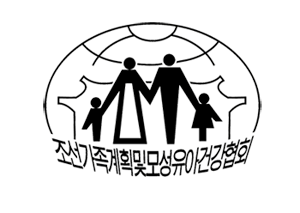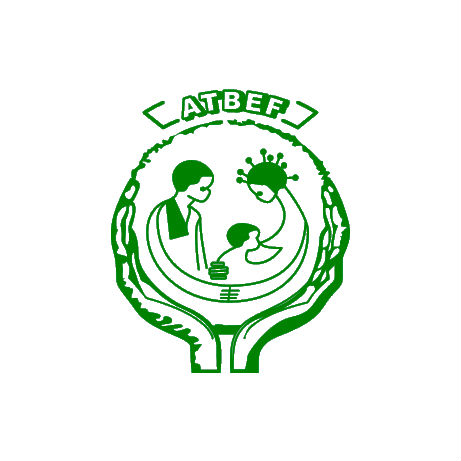

| 31 March 2016
Korean Family Planning & Maternal Child Health Association of DPRK
The Democratic People’s Republic of Korea (DPRK): Family Health Association of Korea (FHAK) formerly Korean Family Planning & Maternal and Child Health Association (KFP&MCHA) was established in 1990. Family Health Association of Korea is actively supported by the government to diversify family planning services and to improve their quality. One of the major challenges is geographic inequality. 80% of the country’s land mass is mountainous, with mining constituting a major industry. Large numbers of people live in this area, working in coal and mineral mines and forest stations. Fertility rates are much higher than in large urban areas, the contraceptive prevalence rate is much lower, and the number of trained family planning advisers is limited. FHAK has targeted these people with reproductive healthcare and information, education and communication (IEC) programmes. Contraceptive prevalence has increased, and the method mix has shifted significantly from IUD to pills, condoms and sterilization. In 2010, FHAKdelivered 538,000 condoms and 138,000 sexual and reproductive health services through 17 service points, including 9 permanent clinics and 8 mobile facilities. The Democratic People’s Republic of Korea (DPRK): Family Health Association of Korea (FHAK) is actively supported by the government to diversify family planning services and to improve their quality. One of the major challenges is geographic inequality. 80% of the country’s land mass is mountainous, with mining constituting a major industry. Large numbers of people live in this area, working in coal and mineral mines and forest stations. Fertility rates are much higher than in large urban areas, the contraceptive prevalence rate is much lower, and the number of trained family planning advisers is limited. FHAK has targeted these people with reproductive healthcare and information, education and communication (IEC) programmes. Contraceptive prevalence has increased, and the method mix has shifted significantly from IUD to pills, condoms and sterilization. In 2010, FHAK delivered 538,000 condoms and 138,000 sexual and reproductive health services through 17 service points, including 9 permanent clinics and 8 mobile facilities.

| 31 March 2016
Association Togolaise pour le Bien-Etre Familial
The Association Togolaise pour le Bien-Etre Familial (ATBEF) was formed in 1975. ATBEF’s services include voluntary counselling and testing (VCT) for HIV and AIDS, antenatal and post-natal care, post-abortion care, pre-marital counselling, and infertility treatment. ATBEF carries out its work through over one hundred service points, including permanent clinics, mobile units, associated centres, and community-based distributors/community-based services (CBDs/CBSs). The majority of all clients are poor, marginalized, socially excluded and/or under-served. Special emphasis is placed on reaching internally displaced persons, sex workers, street children and drug users. ATBEF works closely with government ministries dedicated to contraceptive commodity supply, to the reduction of maternal and neonatal mortality, and to HIV testing. In its advocacy role, the Member Association was central to the legislature’s adoption of more favourable abortion laws. ATBEF works with non-governmental organizations (NGOs) including FORUMSIDA and FONGTO, and its donors include Plan Togo, the PMLS, UNICEF and the Global Fund. It has established and maintains strong links with organizations working in related SRH fields both nationally and across the Africa region. Website: http://atbeftogo.org/







